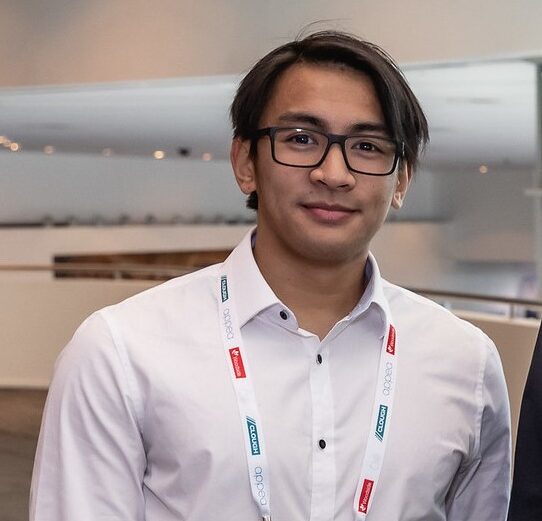That’s right. You! Group work can be worrying because we can’t know for sure that we’ll get the assignment marks we want.
We have to depend on other group members, and that can be tough when our brains are wired weirdly when it comes to trusting strangers. But, working with others is a key part of the rest of our lives, so let’s delve down deeper and discover some new and useful knowledge – together.
Why you should meet up more often
 The Mere Exposure Effect shows that we tend to like the things we’re more familiar with. It’s why companies do brand advertising, and it’s why you should strive to meet regularly with your group. You can easily book a space in the Library if you’d like to meet them on-campus, or you can set up WebEx and organise meetings online.
The Mere Exposure Effect shows that we tend to like the things we’re more familiar with. It’s why companies do brand advertising, and it’s why you should strive to meet regularly with your group. You can easily book a space in the Library if you’d like to meet them on-campus, or you can set up WebEx and organise meetings online.
Why you should understand team formation
Tuckman’s Theory of Team Development suggests that teams go through different stages of development: forming, storming, norming, performing and adjourning. When you start your next group assignment, you will almost always face some conflicts before finding your feet and working at your best.
Knowing this theory can help you because if (or when) you’re having a hard time, remember to trust the process and don’t give up on your team. Take action, and respectfully express your concerns!
Why you are the most important part of working in a team
When you’re working on a group assignment, other people are working with you.
 So what kind of group member are you?
So what kind of group member are you?
- Are you the creative but forgetful Plant?
- The driven and ambitious Shaper, prone to stressing others out?
- The Completer-Finisher – a perfectionist who worries too much about other people’s work?
No, these aren’t star-signs for uni students – chances are, we’ve met these people before. In fact, one of them could be you! Of course, not everyone fits perfectly into these made-up labels (in fact, you can be more than one of these!). However, the Belbin Team Roles can help guide us while we identify our strengths and weaknesses. Most notably, it highlights the importance of working with people with different personalities and working styles from our own.
Make sure you visit the Group Work guide to get started with bringing out the best in yourself, and by doing so, bringing out the best in others!
 Written by Patrick Catambay
Written by Patrick Catambay
Bachelor of Engineering (Mechanical Engineering) (Hons) and Bachelor of Commerce (Finance) student and Peer Academic Mentor.



